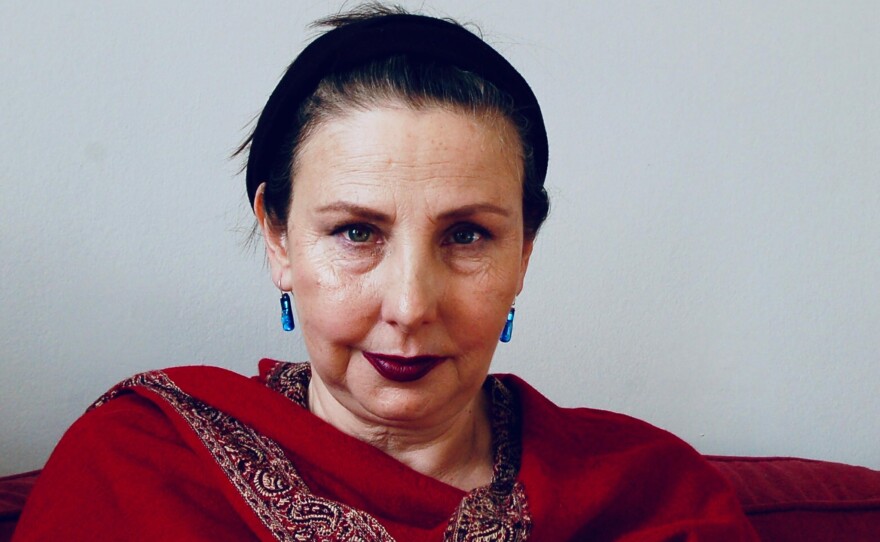After the 9/11 attacks cast a pall on American society, then-President George W. Bush sent out a clear message to nations that might harbor groups like al-Qaida.
“Either you’re with us or you’re with the terrorists,” Bush said.
Even after Bush left office, Democratic and Republican administrations saw terrorism as a pestilence that needed to be eradicated. And rarely were the people associated with terrorist groups seen as human beings. But St. Louis native Carla Power discovered in writing her new book, "Home, Land, Security," how people and programs around the world brought individuals who had joined terrorist or extremist groups back from the brink.
And while the strategies are different, much of the work involves figuring out why someone would gravitate toward militancy and connecting them with people who can bring them back to society.
“Twenty years ago, we were all told that Islamist terrorists were this great existential threat,” Power said during a discussion last week sponsored by Left Bank Books. “They are trying to destroy our way of life. They are trying to destroy our civilization. And that was very much the framing of the event. As I kept talking to more and more people, it occurred to me when you dig down deeply, we’ve got to look for the banality of evil in the Islamist terrorist.”
Power, whose previous book "If Oceans Were Ink" was a finalist for a Pulitzer Prize, traveled all over the world for her latest work to talk to people who were affected directly by terrorism or groups like neo-Nazis. She found the reasoning behind why people join groups like ISIS is anything but cut and dried.
“Some people do come at it from an intellectual or an ideological point of view,” Power said. “But the people I interviewed tended to have been victims of some way or were groomed by recruiters who were very skilled in trying to lure people to the Islamic state at figuring out what these people’s needs and desires were and trying to make the narrative of the Islamic state fit exactly what they needed.”
Power also talked with people who ran deradicalization programs. She conducted in-depth interviews with people including a judge in Minnesota who connected a person who wanted to join a terrorist group to a nonprofit organization, and a mayor in Belgium who helped prevent people in his town from joining ISIS. She also talked with leaders of an organization in Denmark that she glibly described as the “terrorist drop-off center.”
“Former Jihadis and people coming back from the Islamic state would literally drop by for coffee to talk to the detective there in their ‘hug a terrorist’ program, as it’s called by its critics. These detectives and policemen would help them reintegrate into Danish society, so helping them find jobs or psychologists or mentors or apartments,” Power said.
The danger of 'othering'
One of the themes Power explores in her book is the danger of “othering.” As she wrote in the introduction: “The creation of monsters became a growth industry after 9/11.”
Power said that one of the dangers of casting people who join ISIS or neo-Nazi organizations into the dregs of society, instead of trying to find a way to bring them back into the mainstream, is that it could actually make it more difficult to get those groups to decline.
“In a sense, dismissing them as clowns is not only dangerous, but its own form of flattening and othering,” said Power, in response to a question about whether it’s a bad strategy to treat people who join neo-Nazi groups as buffoonish. “One of my pleas at the end of this book is we really have to figure out how as Americans to regrow the connective tissues between us. And not allow these kinds of mono identities, whether they’re clowns or monsters, to take over. And again, it gets back to doing it at a local level.”
Power’s book is even more pertinent now, especially with tensions high domestically over the 2020 election and spread of COVID-19. She said the pandemic caused a breakdown in social interactions, which may be key to getting people to steer away from dangerous conspiracy theories.
“I think in times of crisis, people grab at certainties,” Power said. “They grab at fundamentalism. And if we’re not in a crisis right now, I don’t know what we are.”
Follow Jason on Twitter: @jrosenbaum










